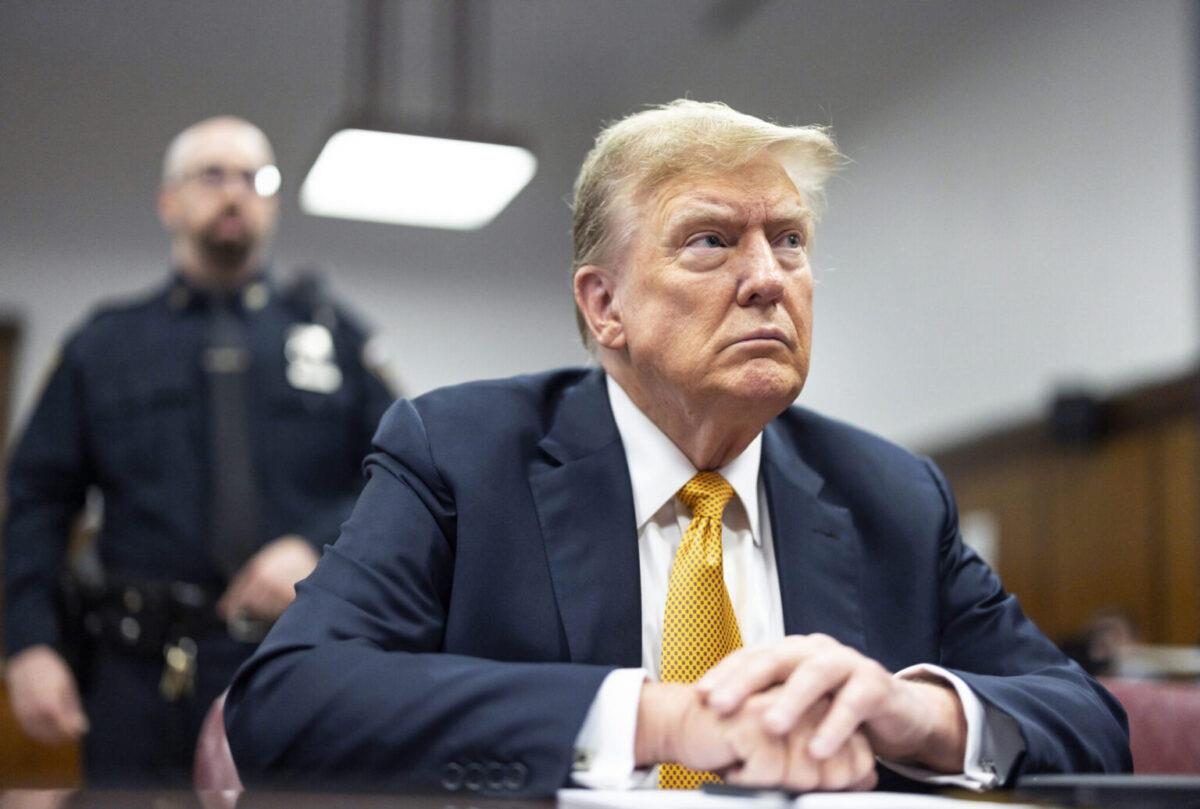
Why Donald Trump Can't Afford A U-Turn On Immigration
47th president of United States of America.
Cultural differences are real. These can constitute grounds for frisson, friction and conflict, injuring societies in the process.
To illustrate the point, consider a hypothetical: two cultures, A and B, are different like chalk and cheese.
Culture B is western, while culture A is non-western.
ADVERTISEMENTTh common emotional denominator is anger, its role, function and acceptance or the converse in both.
In culture A, anger is normalized. There is no 'taboo' in expressing it. In fact, it is viewed either as bravery and as a psycho-emotional tool of control or management.
In western cultures, broadly and relatively speaking, anger is viewed as reflection of underlying emotional and psych issues. It is held an instance of aggression where even tonality of voice maybe considered as bullying and intimidation (say at the workplace, warranting sanction and censure).
On the face of it, this appears to be a minor cultural difference. But when culture A and B meet in close encounters, it can lead to both estrangement and mutual puzzlement. (The example of angle here is for illustrative purposes. I do not intend to rationalize or psycho-analyze it, say, for instance, as emotional catharsis. Neither do I want to defend it when provoking a person to anger is then held against him or her.)
If an ostensibly 'minor' issue like anger can lead to estrangement and bewilderment, other issues can cascade into conflict that has wider and deeper consequences and implications.
Broadly, this meshes into immigration and pushback against it by the 47th president of the United States, Donald Trump.
In checking immigration with a 'big-bang' approach to ultimately whittle it down to manageable and legitimate proportions, Trump is right. He must stay the course.
The issue mostly, as the anger illustrative example shows, whittles down to culture and cultural differences.
So, what then is culture?
In the schemata of the great Ruth Benedict, culture is, 'more or less consistent patterns of thought and action'.
Benedict's definition is lent depth by the eminent late Clifford Geertz. The eminent anthropologist, based on his lived experience, postulated that culture is, 'a system of inherited conceptions, when humans communicate, perpetuate and develop their knowledge about and attitudes toward life'.
In Geertz's schema, culture 'imparts a web of meanings' to people.
These definitions and understandings of culture summarize eloquently the nature and meaning of culture. Culture may be, in the ultimate analysis, a construct made real by daily practices and institutionalized thereof. While it may then be malleable, it is a real and tangible 'force'.
The notion and idea of culture was thrown into a tizzy by globalism informed 'roaring nineties'. The policy premise of the same conceived an open world defined by more or less freer movement of peoples.
This was emblematized in the United States, whose 'essential cultural matrix' was given short shrift by a liberal civic nationalism. Here, culture was sought to be rendered infructuous.
The larger underlying premise appeared to have been policy pushback against American nationalism by reverting to a 'Lockean state of nature'.
In this schema, people shorn of culture would live in harmony, a minimalist state would guarantee rights, and civil society would do the rest.
Cultural difference was deemed as 'the narcissism of minor differences'.
This model, either through isomorphism, mimicry or design, was replicated with variations across the Anglo-phone and Anglo-Saxon world.
The globalist magic wand, in a dash of the conjurer's trick, invisibalized the issues arising out of cultural differences. And extreme multi-culturalism was held to be casting couch, in which difference(s) would disappear, and issues were gestating.
Historians would be better judges of the exact moment. But it would appear that it was the great financial crisis of 2007-08, that brought the proverbial chickens home to roost.
This may also be the year that Trumpism began to take definitive shape and form. The incumbent president of the US responded to the alarm and despondency over the 'cultural angst' in his country. He raised the cudgels on behalf of the people of his country.
This obviously had policy consequences and implications, where identity and culture became securitized in the US against opposition, motivated and otherwise.

Legal Disclaimer:
MENAFN provides the
information “as is” without warranty of any kind. We do not accept
any responsibility or liability for the accuracy, content, images,
videos, licenses, completeness, legality, or reliability of the information
contained in this article. If you have any complaints or copyright
issues related to this article, kindly contact the provider above.


















Comments
No comment